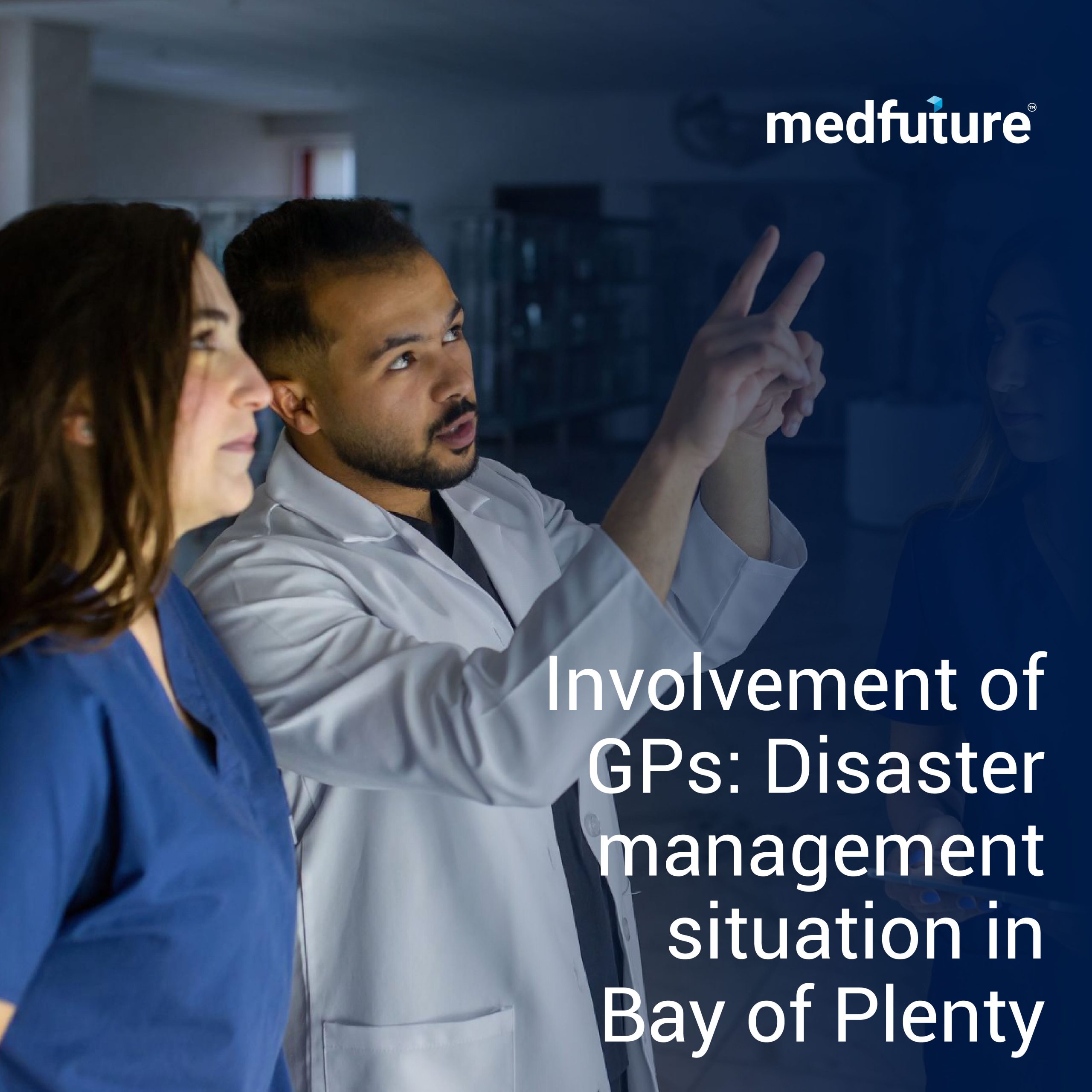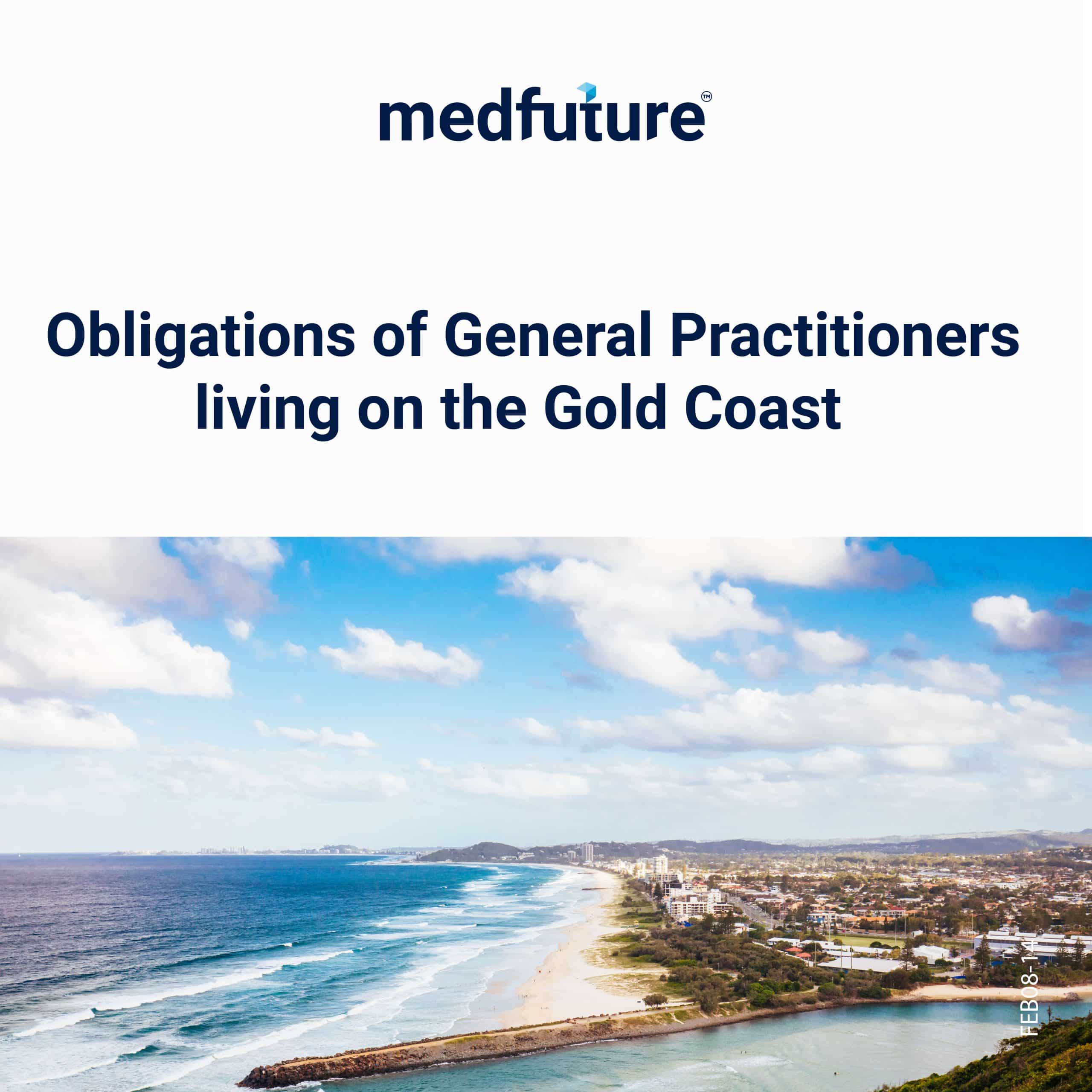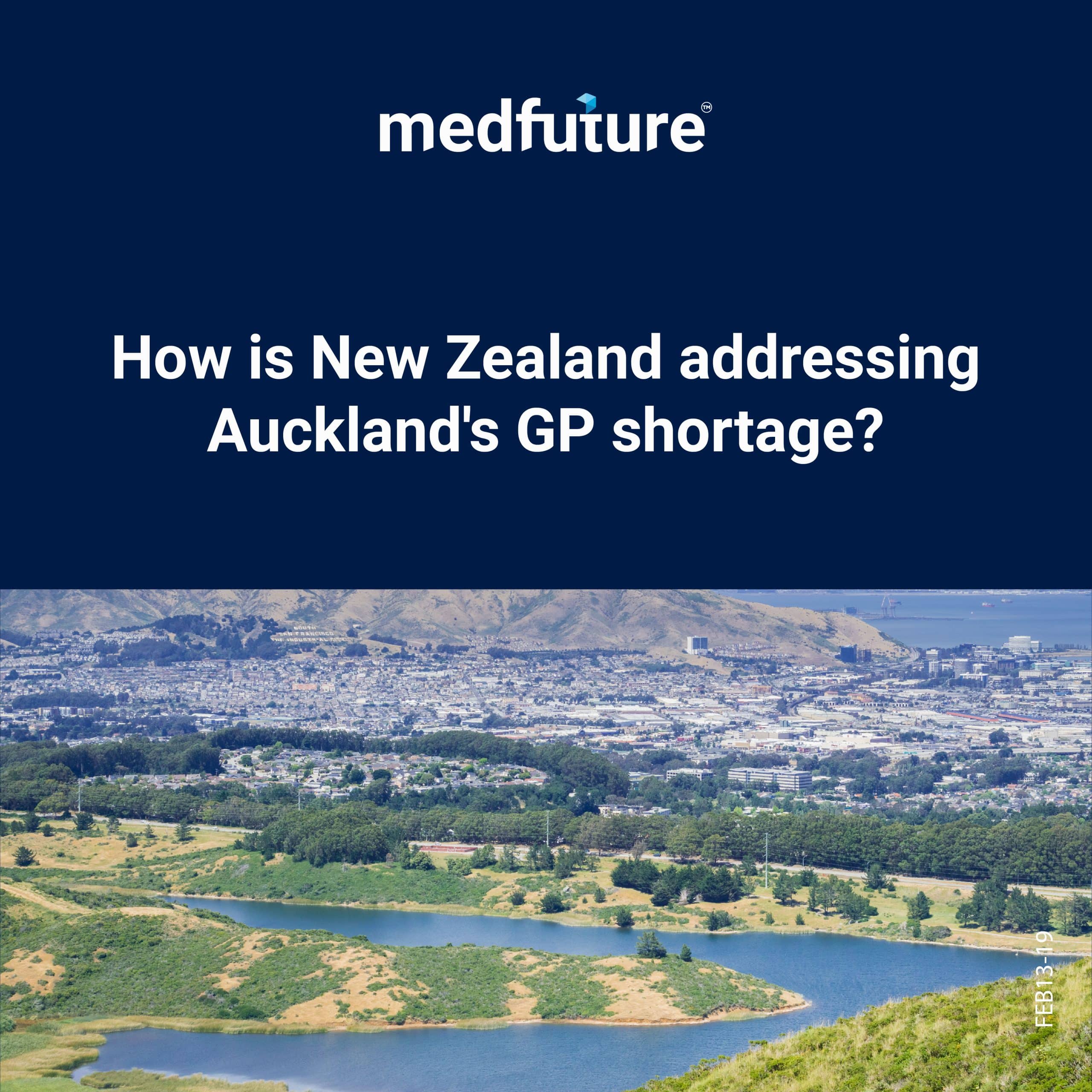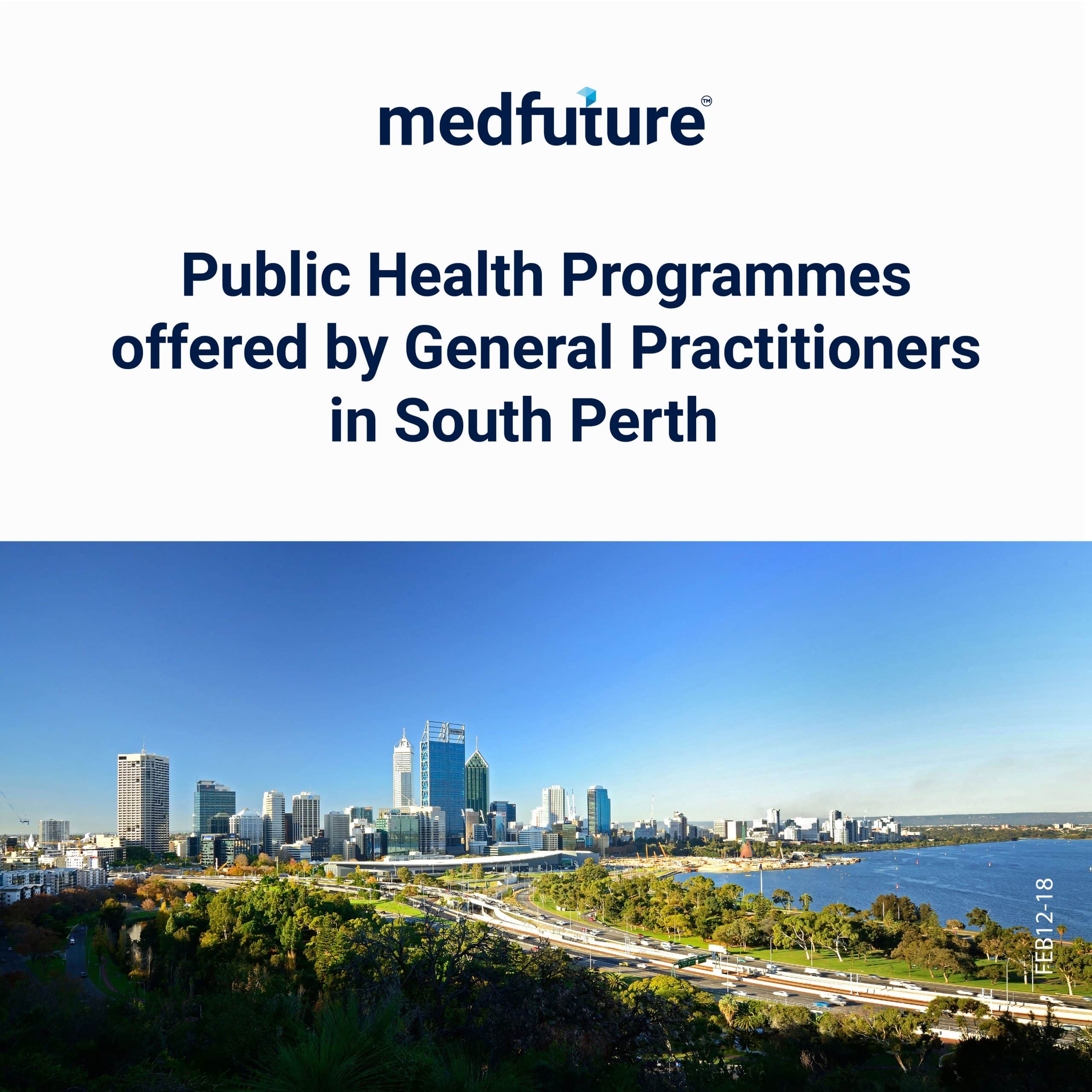The Bay of Plenty area in New Zealand with its tranquil beaches and stunning landscapes sets a scene. However, beneath this lie stories of hardships. This article by Medfuture explores the role that General Practitioners (GPs) play in this region. GPs and primary care services have a responsibility to handle emergencies like earthquakes, floods or public health crises. Their role extends beyond healthcare provision; they are instrumental in coordinating a response during times of crisis. This involves not only addressing medical needs but also contributing to the overall health and well-being of the community.
Considering the geography and demographics of the Bay of Plenty specific strategies are necessary to manage emergencies. GPs must adapt their approaches to tackle the challenges posed by this region and its population. By looking at how GPs actively engage in disaster recovery efforts we gain insights into the resilience and adaptability of the healthcare system. Solidarity and collaboration are elements for ensuring the well-being of Bay of Plenty residents during times of crisis. This underscores the importance of action and teamwork, in managing disasters.
Community-Specific Disaster Preparedness
GPs are crucial in adapting disaster response plans according to development in the Bay of Plenty. GPs liaise with local health authorities and emergency services actively; they carry out risk assessments incorporating factors such as marzogenetic zones, coastal vulnerability, and population density. This collaborative approach provides a specified interpretation of hazard situations which are specific to the region.
Apart from the more generalised views on disaster preparedness in the Bay of Plenty, community-specific ones stress early warning systems and evacuation approaches. GPs form cooperatives for information protocols ensuring the timely distribution of relevant information and evacuation plans that consider the feasibility of people transported to a nearby medical facility, long-distance transportation logistics and constraints on various requisites of health.
Community education programmes are developed and facilitated by GPs with residents being empowered by knowledge and skills vital for effective emergency response. All these initiatives – workshops and seminars – fall on both physical and psychological health issues, which means that the psychological impact is crucial after disasters.
More specifically, technology integration is important with GPs implementing some of the telehealth systems in disaster response plans to ensure that such disasters do not take with them the health services. Such training programmes endow GPs with the ability to use remote consultation platforms from wherever they can be allowed access thus ensuring continued provision of medical aid even where physical access to health facilities might be impeded due to whatever reason.
The role that GPs have been playing in all the teams across the Bay of Plenty in tailoring unique mitigation related to health using their wealth of expertise is crucial and cannot be overstated. In this view, they can always be prepared and aptly address health issues in disasters on the grounds of exposure to common ailments hence contributing to knowledge of various conditions and treatments and management mechanisms holistically.
They also assist in triaging disaster emergency response. GPs have to help in prioritising medical interventions and triaging relative rank of severity for injuries working closely with paramedics, nurses, and first respondents. Through this coordinated system of triage, care is provided timely and appropriately to the severity of injury and GPs hold a vital position in which to allocate valuable resources to best serve the needs of the greatest number of persons most quickly.
GPs practice adaptability and leadership during their on-site medical operations at times of disaster. With the arrangement, they can establish makeshift clinics in evacuation centres following severe weather events, GPs are available to be able to provide out-of-town medical services immediately to victims of the said calamity. This illustrates their aspect of adaptability during situations that require intensive care and accessibility during emergencies.
The medical command centre is generally headed by GPs who oversee resources whose work comes under their management and control which includes where will be personnel assigned as well as the disposition of healthcare response. This calls to strike a balance between clinical skills, organisational skills and the ability to make critical decisions under pressure –attributes demonstrating GPs at Bay of Plenty.
Apart from the immediate response, GPs help the community to recover from disaster. They help in reaching programmes for public health with the long-term effects of a disaster. In addition, GPs have a role in ensuring that the community is prepared in the event of future disasters by contributing to the sustainability of mental health support as well as the resilient infrastructure for health.
Education and Outreach
Primary Care Physicians in the Bay of Plenty, the disaster-prone area, actively coordinate public education campaigns, aiming to promote community resilience. GPs use local media outlets, community bulletins, and online platforms to relay throughout the year potential risks, proactive measures, and resources. To help heighten the awareness of disaster preparedness among constituents and equip them with the necessary information to properly execute an emergency response during calamitous events, these activities were conducted.
GPs organise interactive workshops for first aid, evacuation processes as well as psychological well-being at the time of crisis. The workshops help to create a feeling of community participation besides knowledge transfer to create a shared understanding of preparedness.
GP-led training session focuses on health aspects of disaster management and help residents to identify and cope with health effects that may emerge, for instance, injuries, waterborne diseases, and mental health challenges.
Collaboration in local schools allows GPs to extend outreach efforts through participating in educational programmes in the teaching of students skills essential with regards to first aid and disaster response. This early education will be a great contribution to a resilient future generation.
Utilisation of Telehealth Services in Disaster Response
In the Bay of Plenty region General Practitioners (GPs) have incorporated consultations as a component of their disaster response strategies. In the aftermath of a disaster GPs conduct assessments and consultations providing medical advice while alleviating pressure on physical healthcare facilities. Virtual triage plays a role in evaluating the urgency of patients’ conditions and prioritising cases thus optimising the allocation of healthcare resources.
Telemedicine platforms enable care for individuals affected by a disaster. GPs can monitor conditions offer prescription renewals and conduct follow-up consultations via channels to ensure uninterrupted care when physical access to healthcare facilities is limited.
During weather events, telehealth services in the Bay of Plenty region provide real-time video consultations. GPs remotely assess injuries, guide aid measures and determine if further medical attention is required. This immediate assistance proves invaluable when traditional avenues are hindered.
GPs actively engage in collaborations with emergency services, paramedics and specialists. Through teleconferencing and virtual consultations, they contribute their expertise to coordinate efforts that seamlessly integrate healthcare considerations into the emergency response plan.
Telehealth platforms also serve as channels for disseminating health information to the community during disasters. GPs utilise technology, for real-time updates sharing measures and offering guidance on managing health issues.
This form of communication facilitates community involvement and empowerment offering residents precise and timely information, from healthcare experts.
Post Disaster Recovery and Mental Health Assistance
In the Bay of Plenty, during the phase of recovery after a disaster general practitioners (GPs) play a role in assessing the mental health of individuals and communities. GPs are trained to identify signs of traumatic stress, anxiety and depression conducting thorough evaluations to identify those who require immediate intervention.
Collaboration between GPs, mental health professionals and community organisations is vital for providing support to people well well-being following a disaster. GPs work alongside psychologists, counsellors and social workers to combine expertise with interventions to establish a comprehensive support system.
GPs play a role in organising counselling services as part of the recovery process. Working together with health professionals they establish physical and virtual counseling centers that offer confidential support for affected communities.
Support groups facilitated by GPs have an impact on disaster mental health. These groups provide individuals with a platform to share their experiences express their emotions and receive support from peers. This fosters solidarity and resilience within the community.
Moreover, GPs actively participate in community programmes aimed at educating people about health. Their goal is to reduce the stigma associated with seeking help by raising awareness, about responses following disasters while emphasising the importance of seeking support.
To address the lasting impact general practitioners (GPs) work together with organisations to create mental health support systems that include helplines and online resources. By incorporating telehealth services GPs can reach out to individuals who may encounter obstacles when seeking mental healthcare in the difficult aftermath of a disaster.
How can Medfuture help?
Medfuture, as a premier healthcare recruitment agency, serves as the bridge connecting general practitioners with rewarding opportunities in the Bay of Plenty. Our dedicated team understands the unique needs and aspirations of GPs, facilitating seamless placement in clinics and medical facilities across this vibrant region. Medfuture streamlines the job search process for GPs, ensuring tailored matches that align with their professional goals and the specific requirements of healthcare practices in Bay of Plenty. With a commitment to personalised service and an extensive network, Medfuture is the trusted partner for GPs seeking fulfilling and impactful careers in the beautiful Bay of Plenty.






